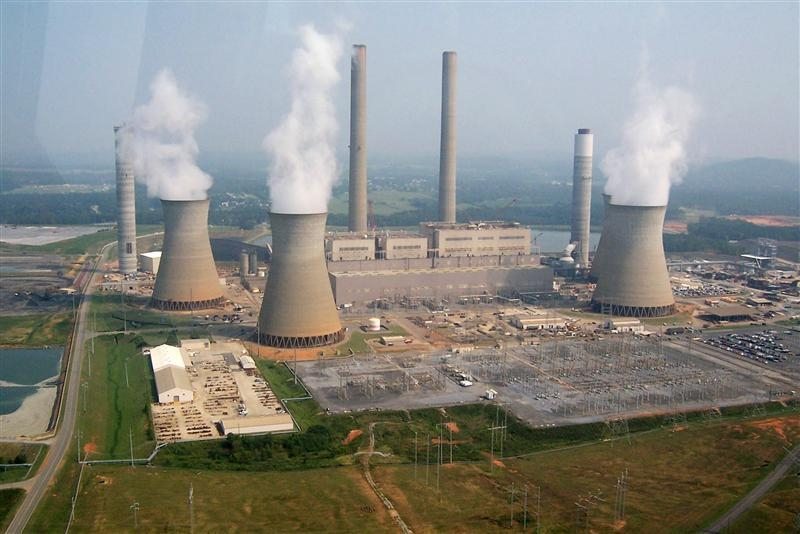South African Environmental Affairs Minister Edna Molewa has dismissed objections to the nation building two new coal-fired power stations.
This will mean 16-million tons of carbon dioxide will be added to the atmosphere. The power stations will also consume water in regions that are water stressed, at a point when the nation is facing its third year of famine.
The minister’s resolution came on the second day of COP22, where South Africa is negotiating on the basics of how the Paris Agreement will unwind. The agreement puts states on a similar path to guarantee that global warming is kept below 2°C on pre-industrial levels.
As part of the Africa group, South Africa has constantly argued that the objective should be 1.5°C as anything more is calamitous for the continent.
Projections by the World Bank illustrates that standard global warming is doubled in Africa’s interior, while the continent has little capability to acclimatize to that change.
South Africa has been utterly condemned for its actions not matching up to its promises. It endorsed the Paris Agreement in early November and has a wide range of local projects to lower emissions and assist people to adjust to climate change.
Its Nationally Determined Agreement – the guarantee it submitted to Paris – has, nevertheless, been called out as not being motivated enough.
Climate Action Tracker rated the contribution as “insufficient”, saying: “It is inconsistent with limiting warming under 2°C”.
The contribution is fuzzy and permits South Africa to further its emissions by anywhere between 20% and 82% on 1990 levels. That turns to either 198-million tons of carbon dioxide equivalent, or 614-million tones.
This objective comes from South Africa’s vow under the Copenhagen Accord in 2009 to lessen emissions on business-as-usual levels by 42% by the year 2025.
If construction goes ahead, the two power plants will join two other power stations under construction in toting up 90-million tons of carbon equivalent emissions to the environment.
The other two, Eskom-owned Medupi and Kusile, will be the world’s largest dry-cooled, coal-fired, power stations in the world, both with a capacity of 4 800MW.
The Government says emissions from the new plants will be decreased because of their newer technology.
Thanks to environmental authorization for additional coal-fired power stations being approved, the nation has to find the water to supply them, and means to cope with the climate change that will be motivated by more carbon emissions.

Leave a Reply